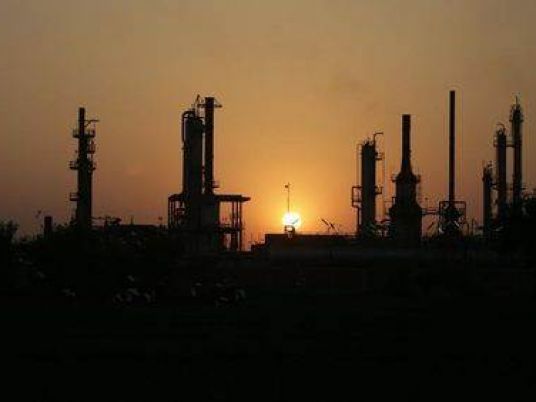
Prime Minister Hesham Qandil said Wednesday that the government’s top priorities are security and economic and job growth. He added that with the help of foreign investors and companies, Egypt can turn its unemployment problem into a highly skilled workforce.
“We want to see Egypt adopt a knowledge-based economy,” he told a crowd of petroleum industry professionals and delegates at a conference hosted by Petroleum Economist, a UK-based publication, in partnership with the Egyptian Petrochemicals Holding Company.
Also present at the conference, Minister of Petroleum Osama Kamal said that the ministry’s goals for the coming years are to develop local oil and gas resources to meet local demand, and to find the most efficient ways to use petroleum resources.
He said using local oil and gas to produce petrochemicals would afford the country greater profits than the direct sale of the commodities abroad.
“Petrochemicals are our gateway to catching the train of national development,” Kamal said.
Qandil also cited the petrochemical industry as a way for the country to pull its way out of the economic crisis. He said that a profitable petrochemical sector could help balance the growing discrepancy between imports and exports, close the gap on the widening budget deficit, and bolster the country’s depleted foreign currency reserves.
“Egypt is qualified to become a regional energy and petrochemical hub,” he said.
Egypt is already home to a substantial petrochemical industry that uses petroleum products to make products such as fertilizer, food packaging, and plastics. Petrochemical products are commonly seen as “value added” goods because of the skilled labor and technology needed to produce them.
Qandil pointed to the possible greater profit margins. Natural gas, he said, can be sold on the international market for roughly US$2.5 per million Btu. Alternatively, the same amount of gas can be used to produce a petrochemical product that can be sold at $120 million, he said.
Petrochemical production profits could also help the Petroleum Ministry cope with its rising debt due to energy subsidies, which have reached “unsustainable levels,” Qandil said.




